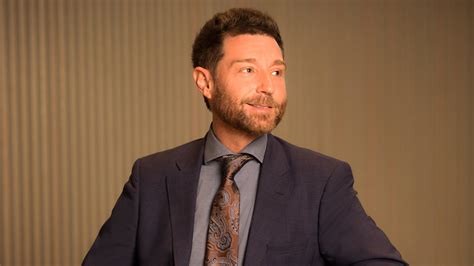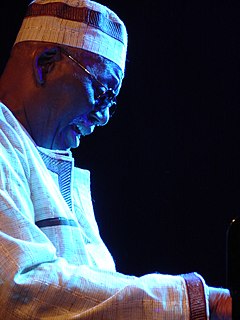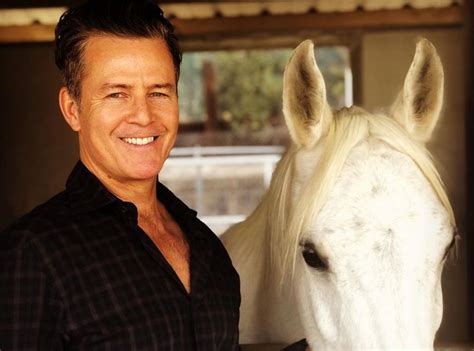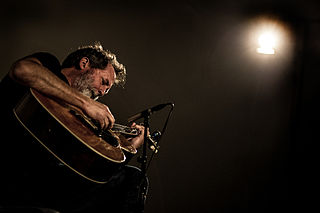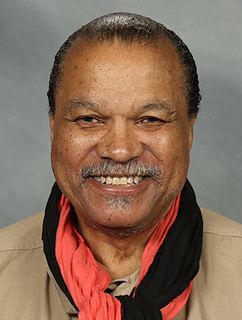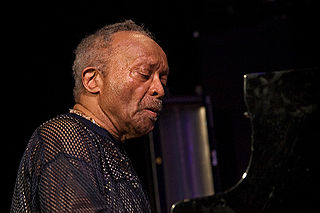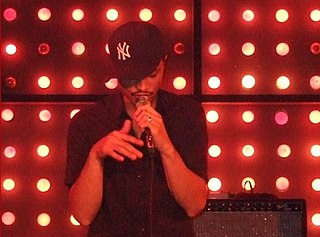A Quote by Benny Green
The first jazz pianist I heard was Thelonious Monk. My father was listening to an album of his called 'Monk's Dream' almost every day from the time I was born.
Related Quotes
At first I didn't understand what [Thelonious Monk] was doing, but I went back again, and what I can say about Monk is that I heard ancient Africa in his music. When he played, it was like a ballet. He captured the sound of the universe. Monk could take a triad, a simple chord, and make it sound dissonant. I'm sure that element he had in his piano was part of the two years he spent traveling with his mother in gospel music in the tent shows.
I got into music when I was a little boy. My dad was always into jazz. I got my education from him. The first time I listened to jazz, he gave me a Thelonious Monk record. It was so different from anything I had ever heard. It took me a while to understand it, and I liked that. I liked the fact that it wasn't immediately palatable.
Bop began with Jazz but one afternoon somewhere on a sidewalk maybe 1939, 1940, Dizzy Gillespie or Charlie Parker or Thelonious Monk was walking past a men's clothing store on 42nd Street or South Main in L.A. and from a loudspeaker they suddenly heard a wild impossible mistake in jazz that could only have been heard inside their own imaginary head, and that is a new art. Bop.
[Thelonious] Monk is a subject in itself. I mean, most piano players in most big bands sit down and they play with the band, you know. But Monk would just sit there like this. And all of a sudden there'd be a pause from all the trumpets and everything and Monk would go 'plink!' like that. And everybody would go 'Yeah!
I love jazz. So to me, there are two main types of jazz. There's dancing jazz, and then there's listening jazz. Listening jazz is like Thelonius Monk or John Coltrane, where it's a listening experience. So that's what I like; I like to make stuff that you listen to. It's not really meant to get you up; it's meant to get your mind focused. That's why you sit and listen to jazz. You dance to big band or whatever, but for the most part, you sit and listen to jazz. I think it comes from that aesthetic, trying to take that jazz listening experience and put it on hip-hop.
